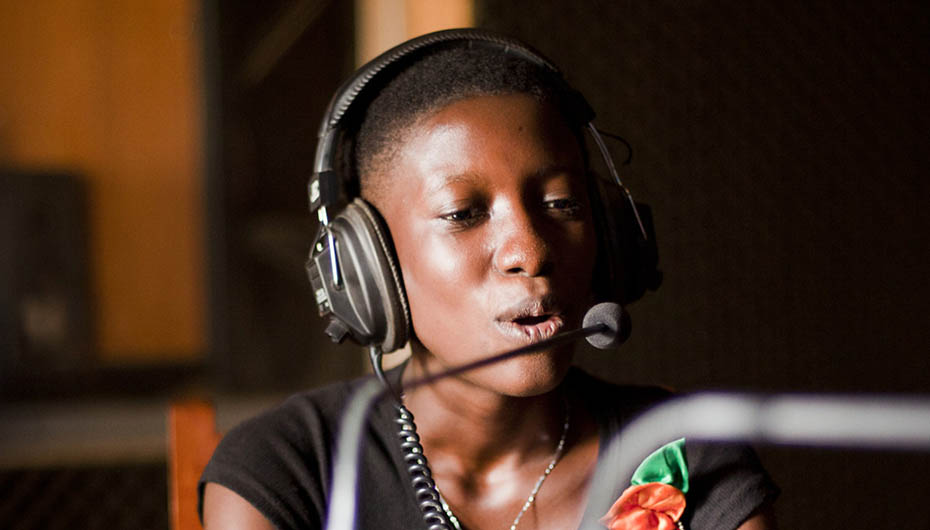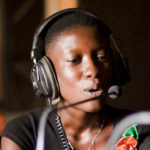Media Centre - Media release - 12 February 2019
Humanitarian support for Rohingya refugees must prioritise adolescent girls and education: Plan International

It is critical that education, and the particular needs of adolescent girls are prioritised in the humanitarian response for Rohingya refugees in Bangladesh, says Plan International.
Nearly one million refugees remain living in camps in Bangladesh after fleeing persecution in Myanmar. Over half are children.
Plan International has today called on governments worldwide to generously fund the 2019 Joint Response Plan (JRP) for the Rohingya Refugee Crisis – an appeal for US$920.5 million to assist 1.2 million people.
Plan International is also urging donors to provide top priority when allotting funding to education, and the needs of adolescent girls, who face particular risks due to their age and gender.
While there has been a significant scale up of interventions by all actors in the Rohingya response, there is growing concern on improving access and strengthening the quality aspects of education.
Orla Murphy, Country Director for Plan International in Bangladesh, said: “Access to quality education is a key issue for Rohinya children and youth – in particular, adolescent girls face numerous barriers to accessing education.”
“Due to concerns about safety and security in camps, the lack of sufficient safe facilities to conduct learning activities, and the lack of learning materials, many girls are confining to their tents.”
“This restricts girls’ ability to access essential humanitarian services and resources, denies them the opportunity to develop support networks and also undermines their basic human rights, including their right to education.”
There is a massive gap in education activities being provided to adolescent Rohingya girls in Cox’s Bazar – a shocking 2% of adolescents, aged between 15 and 24, are accessing education services in the camps, according to the Joint Response Plan For Rohingya Mid-Term Review.
For Background
- The Rohingya crisis remains one of the fastest growing refugee crises in the world. With the crisis entering its second year, with little chances of abetting, over 730,000 Rohingya, including 400,000 children, have fled violence in Myanmar and settled in Cox’s Bazar District in Bangladesh. This influx of refugees adds to an existing population of Rohingya that has crossed into Bangladesh over the last decades escaping violence and persecution. Cox’s Bazar now hosts over 909,000 refugees, with more than half being under the age of 24.
About Plan International
Plan International works in more than 75 countries to help create a just world that advances children’s rights and equality for girls. Our local office, Plan International Australia funds programs to support children in more than 25 countries, as well as sponsorship programs across the federation.
Media contacts

